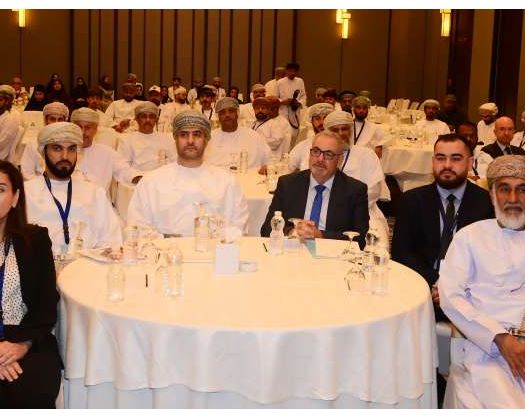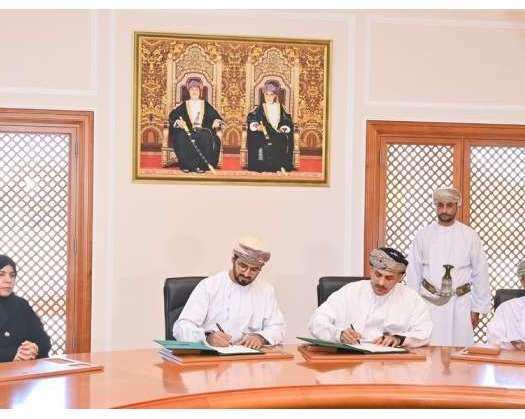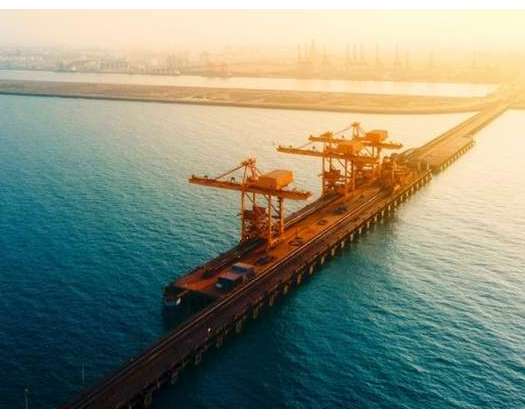Muscat: The 'Water Safety Forum', organized by the Authority for Public Services Regulation (APSR), commenced today.
This five-day event is being conducted in partnership with the World Health Organization (WHO), various governmental and private organizations, and includes over 40 representatives from licensed water sector companies.
The forum's objective is to improve the readiness of water sector institutions in executing water safety plans, enhancing operational oversight, and ensuring water quality throughout the stages of distribution, storage, and transportation. It is in line with WHO technical guidelines and aims to fortify the regulatory and supervisory framework of the sector.
The opening ceremony took place under the patronage of Dr. Mansour Talib Al Hinai, Chairman of APSR, who underscored the Authority’s continuous efforts to advance the regulatory framework of Oman’s water sector. He stressed the significance of empowering operators to implement proactive risk management strategies and improve safety protocols.
Dr. Jean Jabbour, WHO Representative in Oman, noted that the training program offered during the forum will strengthen the development and execution of water safety plans, ensuring their long-term viability while providing participants with valuable new skills.
He reiterated WHO’s dedication to assisting Oman in achieving the highest standards of water safety.
The forum's schedule includes five specialized training sessions over the course of five days, addressing a wide array of theoretical and practical subjects.
The first day is dedicated to the essential principles of water safety plans, emphasizing the significance of assembling multidisciplinary teams that include engineers, public health professionals, and quality assurance specialists to create cohesive and effective strategies.
On the second day, the focus shifts to risk assessment tools and the identification of weaknesses within distribution systems, as well as scientific models that aid in prioritizing enhancements and establishing indicators for safety and compliance.
The third day is centered around the development of an operational monitoring system that relies on precise, real-time data. This includes the integration of live surveillance methods and quality verification processes for critical phases, along with mechanisms for institutional documentation.
Day four features practical training through a field trip to the main reservoirs in Al Khoudh, located in the Wilayat of A’Seeb. Participants will engage in hands-on evaluations of emergency plans and assess system resilience in crisis situations.
The forum wraps up on the fifth day with a discussion on evaluation tools and case studies of WHO-approved plans that are utilized to refine institutional policies and promote ongoing improvements in water quality management systems.
Through this forum, the Authority for Public Services Regulation aims to create a comprehensive, science-driven approach to water service management, establishing a national framework focused on prevention, oversight, and efficiency.
The initiative seeks to bolster the sustainability of water services, enhance operational transparency and compliance, and foster international collaboration while utilizing technical expertise to support institutional growth and strengthen Oman’s water security.
The event attracts representatives from regulatory and operational bodies, as well as local and international experts in water management, public health, and risk assessment.












